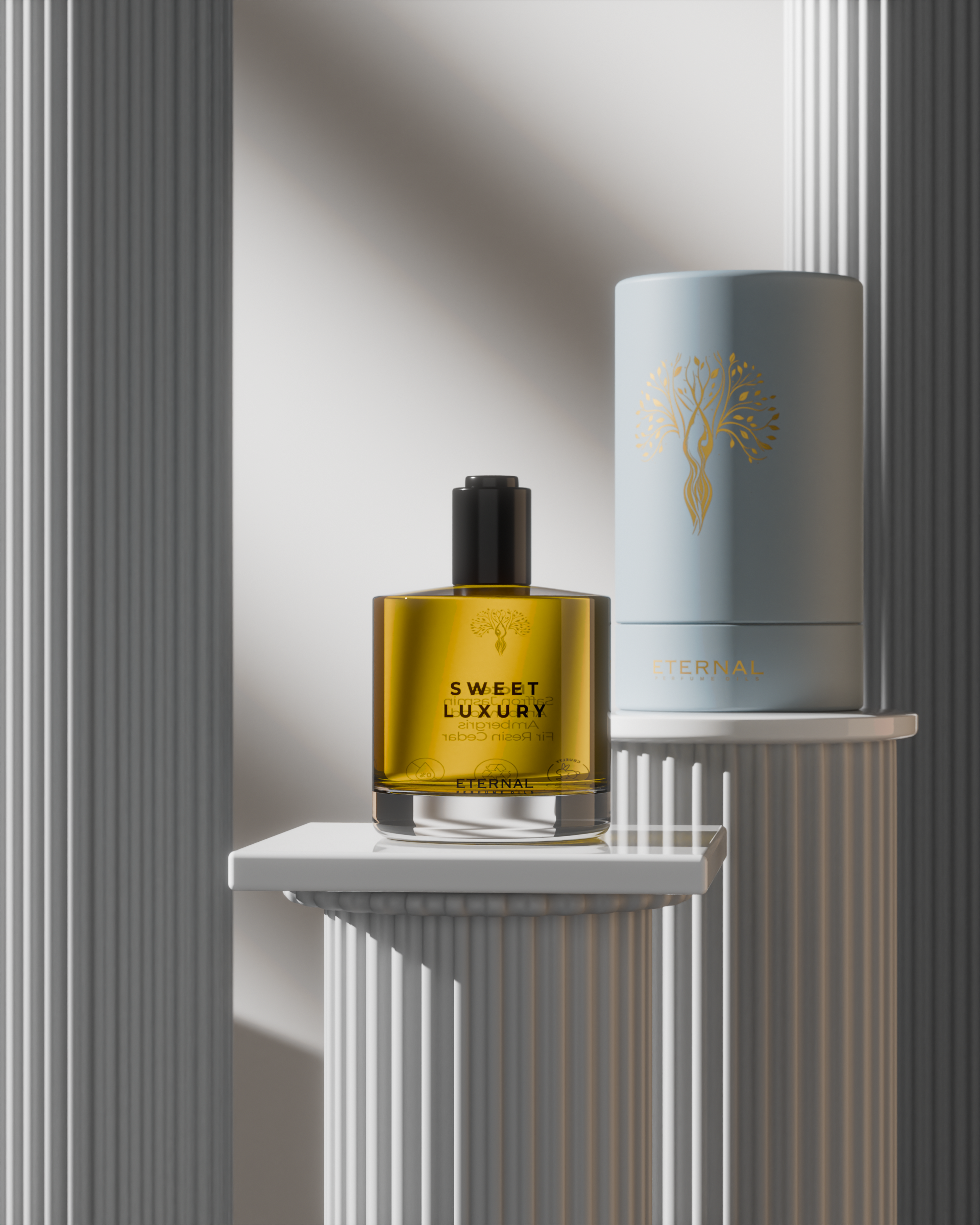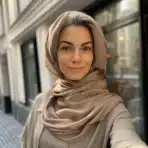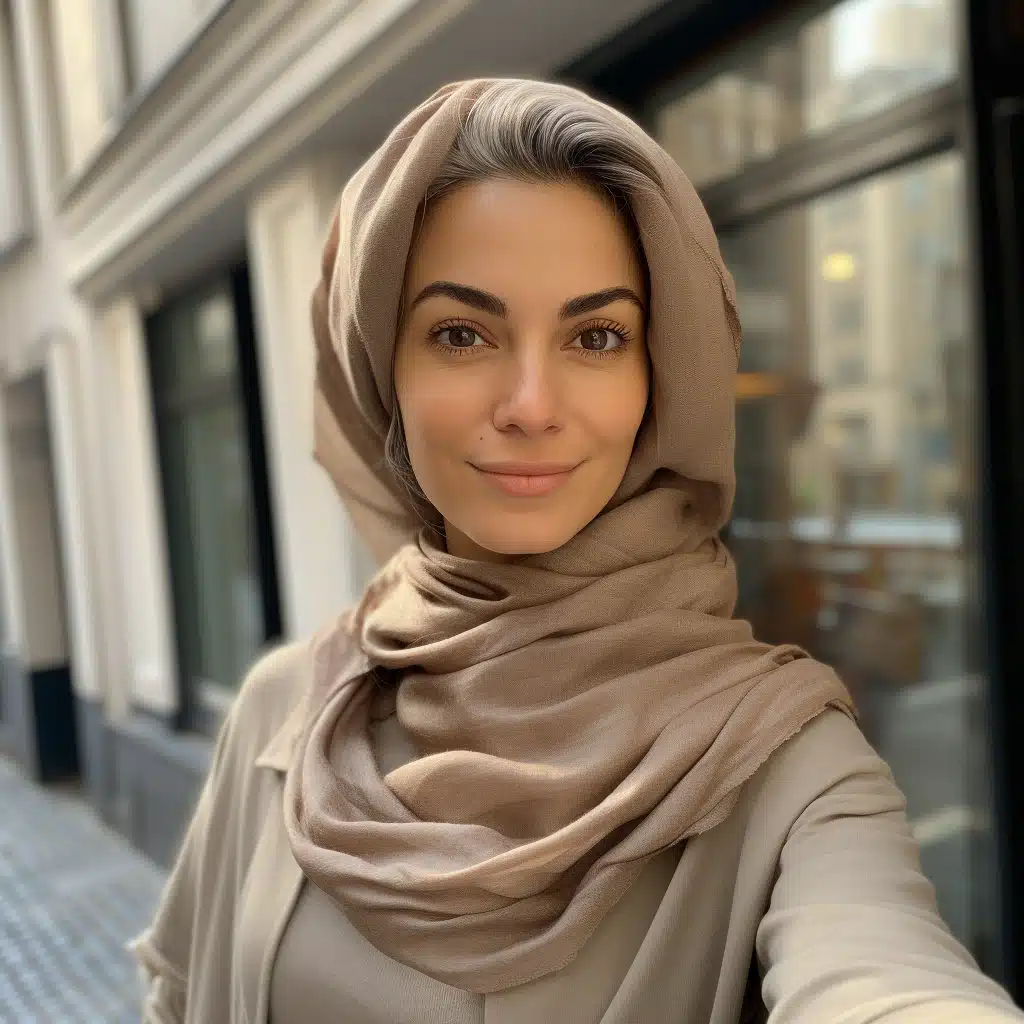Luxury perfume is an art-science discipline where creativity is combined with science, bringing perfectly balanced ingredients and meticulous craftsmanship to life in the shape of captivating perfumes. It is not so much a fragrance but an identity, who you are, what you feel, and your sophistication.
In this discovery, we will dig into those minute processes that transform raw materials into olfactory masterpieces and therefore define upscale perfumes.
The Art of Perfumery
At the heart of expensive perfume lies the artistry of perfumery. Perfumers, often referred to as “noses,” are skilled artisans who blend their knowledge of chemistry with a deep understanding of scent composition. Creating a luxury fragrance is akin to composing a symphony; it requires a careful selection of notes and a mastery of proportions to achieve harmony.
1. Understanding Fragrance Notes
Fragrance is built on a structure of notes that evolve. The top notes are what you smell immediately upon application, offering a fresh and enticing first impression. These notes are typically light and volatile, often featuring citrus or fruity aromas.
As the fragrance develops, the middle notes emerge, forming the heart of the scent with floral, herbal, or spicy elements. Base notes can be deep and long-lasting, with rich warm scents like amber musk, or even sandalwood.
The interaction of these notes is critical in building a luxury fragrance experience. Each note plays to the final character, balancing and developing a scent that lasts through the day.
2. Sourcing Quality Ingredients
The quality of a high-end perfume is heavily influenced by the ingredients used. High-end perfumers prioritize sourcing rare and premium materials, often from specific regions known for their unique characteristics. For instance, the finest jasmine is sourced from Grasse, France, while oud is derived from the resin of agarwood trees found in Southeast Asia.
Natural ingredients, such as essential oils and absolutes, are often preferred over synthetic compounds. While synthetics can provide consistency and variety, luxury brands aim to deliver a more authentic and nuanced scent profile. The meticulous selection of ingredients not only enhances the fragrance’s complexity but also reflects the brand’s commitment to quality.
The Craftsmanship Process
Creating a luxury perfume involves a detailed and labor-intensive process that requires time, expertise, and passion.
1. Formulation and Testing
Once the perfumer has selected the raw materials, the formulation process begins. This stage involves experimenting with different combinations and concentrations of notes to achieve the desired scent profile. The perfumer will create multiple iterations, adjusting the proportions until the fragrance reaches perfection.
Testing is a crucial part of the process. Fragrances need to be evaluated not only for their scent but also for how they evolve on the skin over time. This requires patience and keen sensory skills, as the perfumer must ensure that the fragrance remains harmonious from initial application to dry-down.
2. Aging and Maturation
After formulation, oil perfumes often undergo an aging process, similar to fine wine. This maturation allows the various components to meld together, enhancing the overall scent complexity and depth. During this time, the fragrance can develop a richer character, allowing it to achieve the sophisticated aroma that defines upscale oil perfumes.
Packaging and Presentation
Luxury oil perfume is as much about presentation as it is about scent. The packaging is designed to reflect the brand’s identity and the quality of the fragrance within. Exquisite bottles made from high-quality materials, often with intricate designs, are a hallmark of luxury oil perfumes.
The presentation enhances the overall experience, making the act of using the fragrance a ritual of indulgence. The tactile experience of holding a beautifully crafted bottle adds to the allure and elevates the entire olfactory journey.
Emotional Connection
Expensive oil perfumes are more than just fragrances; they evoke emotions and create lasting memories. The scent can transport you to specific moments in time, making it a powerful tool for self-expression. Many luxury brands emphasize storytelling, allowing consumers to connect with the fragrance on a personal level.
This emotional resonance is what often drives the loyalty of fragrance aficionados. A high end perfume becomes part of one’s identity, associated with cherished moments and significant milestones.
Conclusion
The secrets behind luxury perfume lie in the intricate craftsmanship and unwavering commitment to quality. From the artistry of blending notes to the careful selection of premium ingredients, every aspect of creating a luxury fragrance is infused with passion and expertise.
As you explore the world of upscale oil perfumes, remember that these scents are not merely products; they are expressions of individuality and artistry. The next time you indulge in a luxury fragrance, take a moment to appreciate the craftsmanship and emotion that make it truly exceptional.
In a world filled with fleeting trends, oil perfume remains a timeless indulgence, a testament to the beauty of scent and the artistry behind it.







